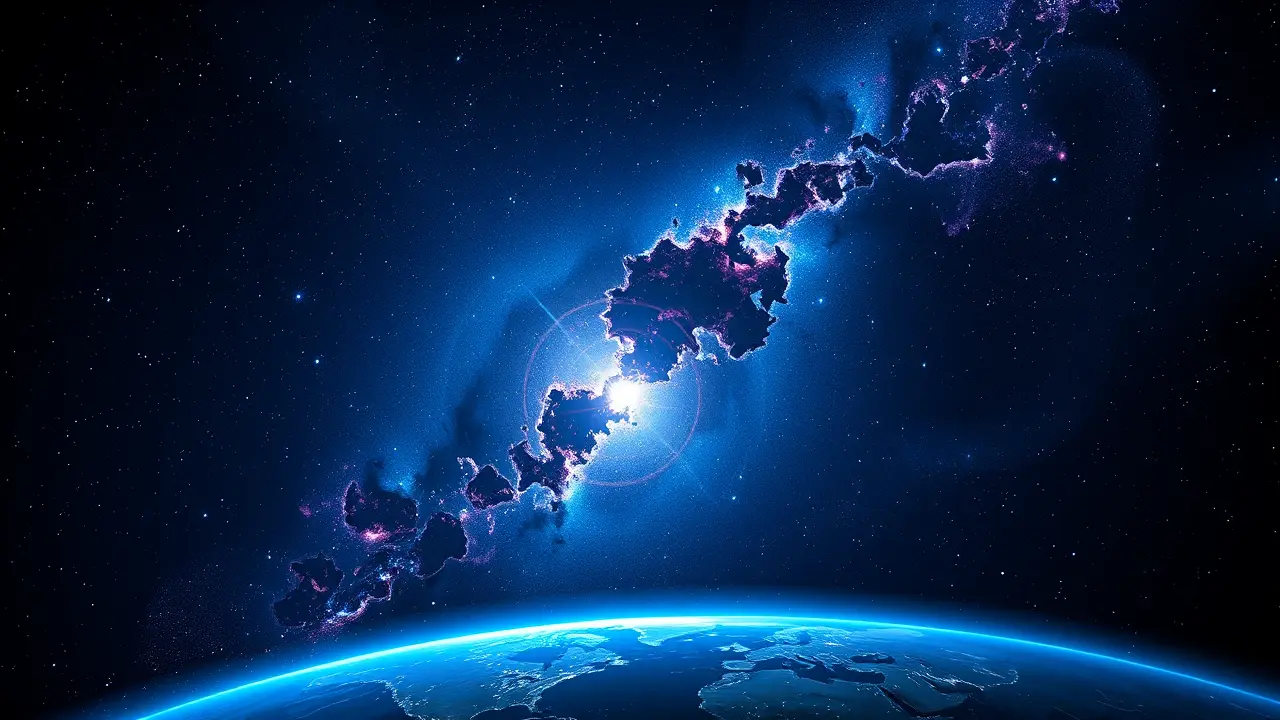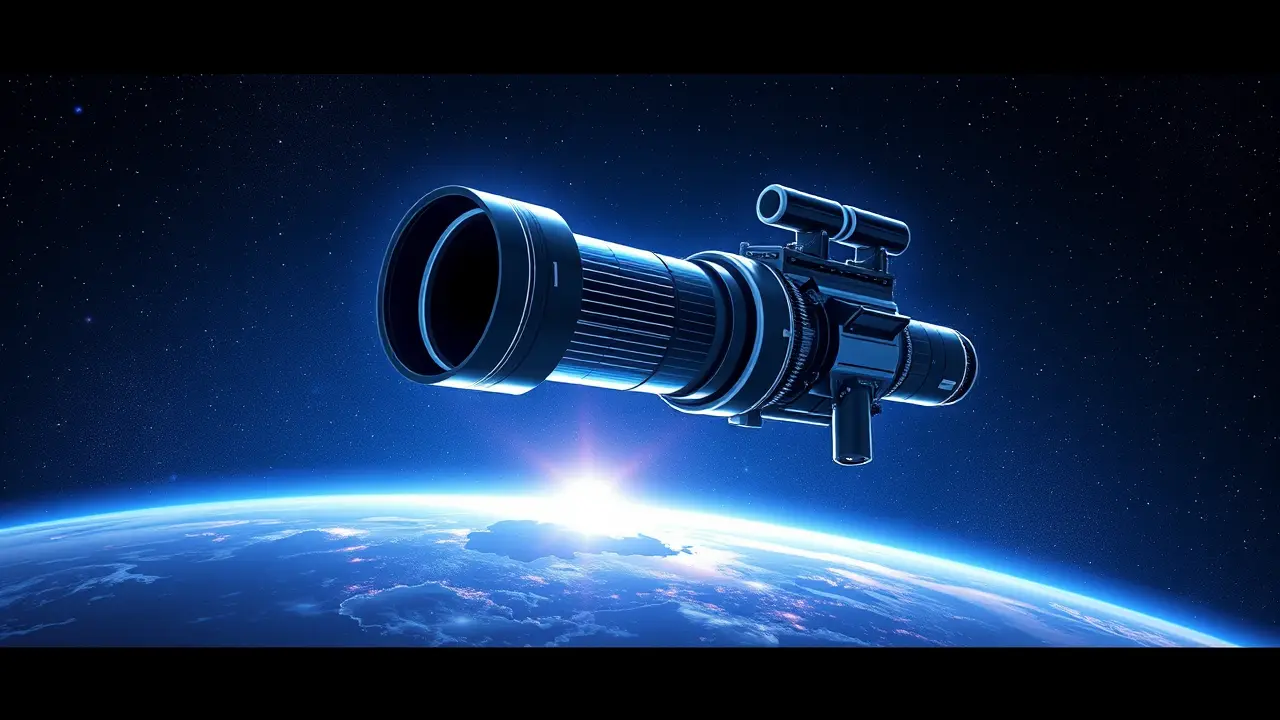
Sciencespace & astronomyAstrophysics Discoveries
The Universe may have already started slowing down
TH
Thomas Green
6 hours ago7 min read3 comments
For decades, the dominant narrative in cosmology, one that reshaped our fundamental understanding of the cosmos, has been that the universe is not merely expanding, but that this expansion is accelerating, a breathtaking discovery that netted the 2011 Nobel Prize in Physics and pointed to the influence of a mysterious, repulsive force dubbed dark energy. This paradigm, however, is now facing its most significant challenge yet, as emerging evidence from meticulous observations suggests the universe’s expansion has, contrary to all established models, begun to slow down.The implications are nothing short of revolutionary, hinting that dark energy—the very engine thought to be driving the cosmos apart at an ever-increasing clip—may not be a constant after all but is instead weakening, a finding that, if confirmed, would force a complete rewrite of the standard model of cosmology and our long-term forecast for the fate of everything. Imagine the cosmos not as a car with its foot permanently pressed on the accelerator, racing towards a cold, lonely 'Big Rip,' but as a vehicle that, after a period of furious speed, is now easing off the gas, potentially altering the ultimate destiny of galaxies from a final, silent drift into nothingness to a different, yet-unknown cosmological finale.This shift is being teased out of colossal datasets, like those from the Dark Energy Spectroscopic Instrument (DESI), which has been creating an unprecedentedly detailed 3D map of the universe, measuring the positions and distances of millions of galaxies to trace the expansion history with finer precision than ever before. The initial data seems to reveal a subtle but persistent signal that the rate of expansion, while still increasing, is no longer doing so as vigorously as it was a few billion years ago, a deviation from the predictions of Einstein's cosmological constant, the simplest and most accepted model for dark energy.This isn't merely a statistical blip; it's a potential crack in the very foundation of modern astrophysics, suggesting that dark energy could be a dynamic field, perhaps akin to the inflationary field that propelled the Big Bang, that evolves over time, a concept theorists call 'quintessence. ' The ramifications cascade through every aspect of physics: the ultimate fate of the universe, the nature of the vacuum of space, and even the search for a unified theory of quantum gravity.If dark energy is fading, the universe might avoid the heat death of a perpetual, accelerated expansion and could, in some speculative models, even eventually begin to contract, leading to a 'Big Crunch'—a cyclical universe model that has long captivated theorists but lacked empirical support. Of course, the scientific community is responding with a mixture of intense excitement and profound caution; extraordinary claims require extraordinary evidence, and cosmologists are now racing to cross-verify these findings with other probes, such as the European Space Agency's Euclid telescope and the Legacy Survey of Space and Time from the Vera C.Rubin Observatory, which will provide independent, and even more precise, measurements. The potential for a paradigm shift is palpable, reminiscent of the upheaval when Einstein's theory of relativity supplanted Newtonian mechanics, forcing us to see the fabric of reality in a new light. For now, we stand at a precipice, looking out at a cosmos that is once again proving to be far more mysterious and dynamic than we had dared to imagine, a universe that may be quietly shifting gears, compelling humanity to rethink its place in the grand, unfolding story of everything.
#featured
#universe expansion
#dark energy
#cosmology
#astrophysics
#research breakthrough
Stay Informed. Act Smarter.
Get weekly highlights, major headlines, and expert insights — then put your knowledge to work in our live prediction markets.
Related News
© 2025 Outpoll Service LTD. All rights reserved.
